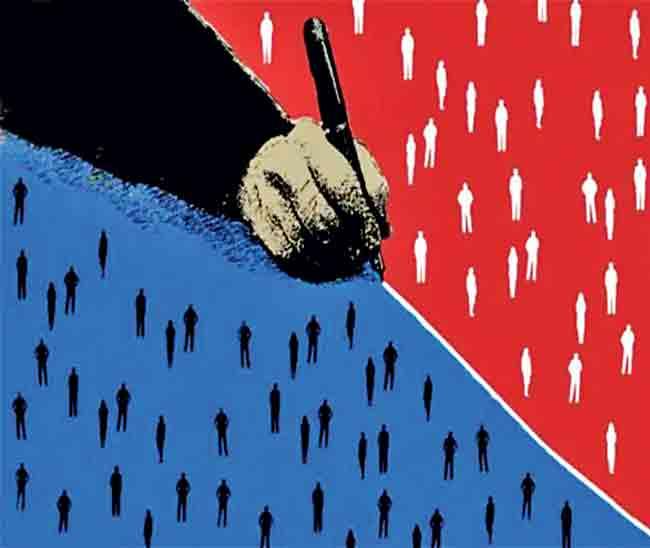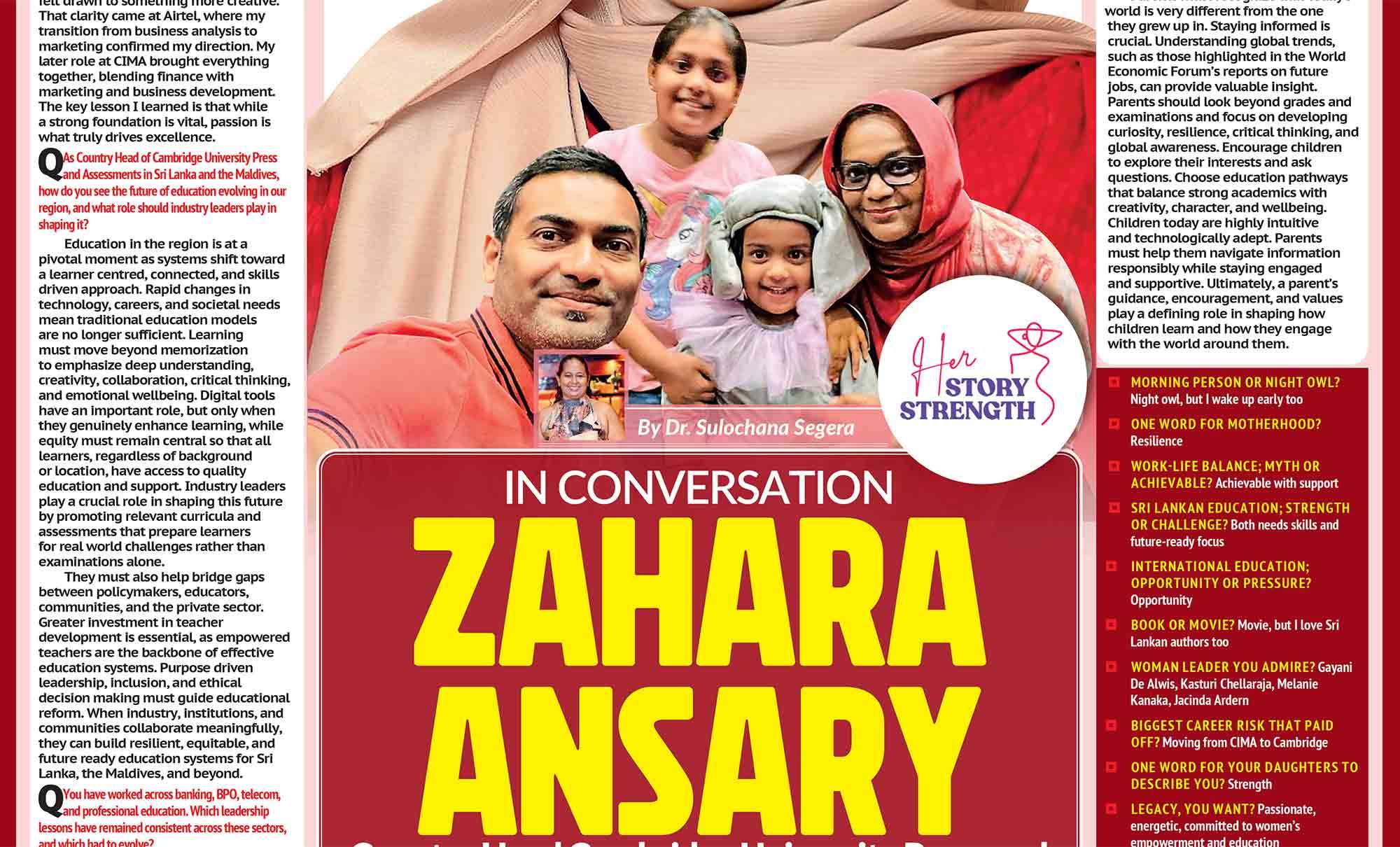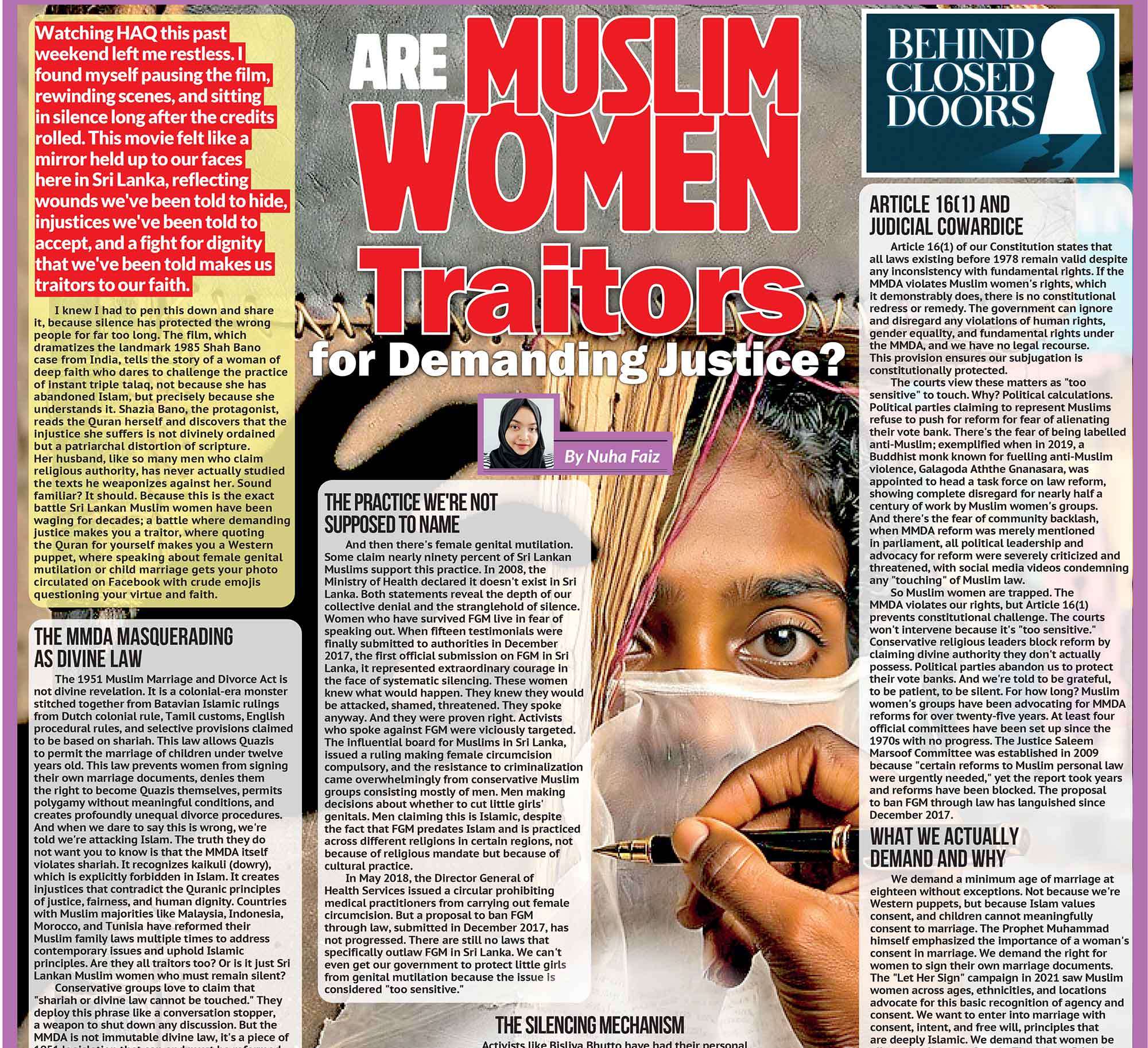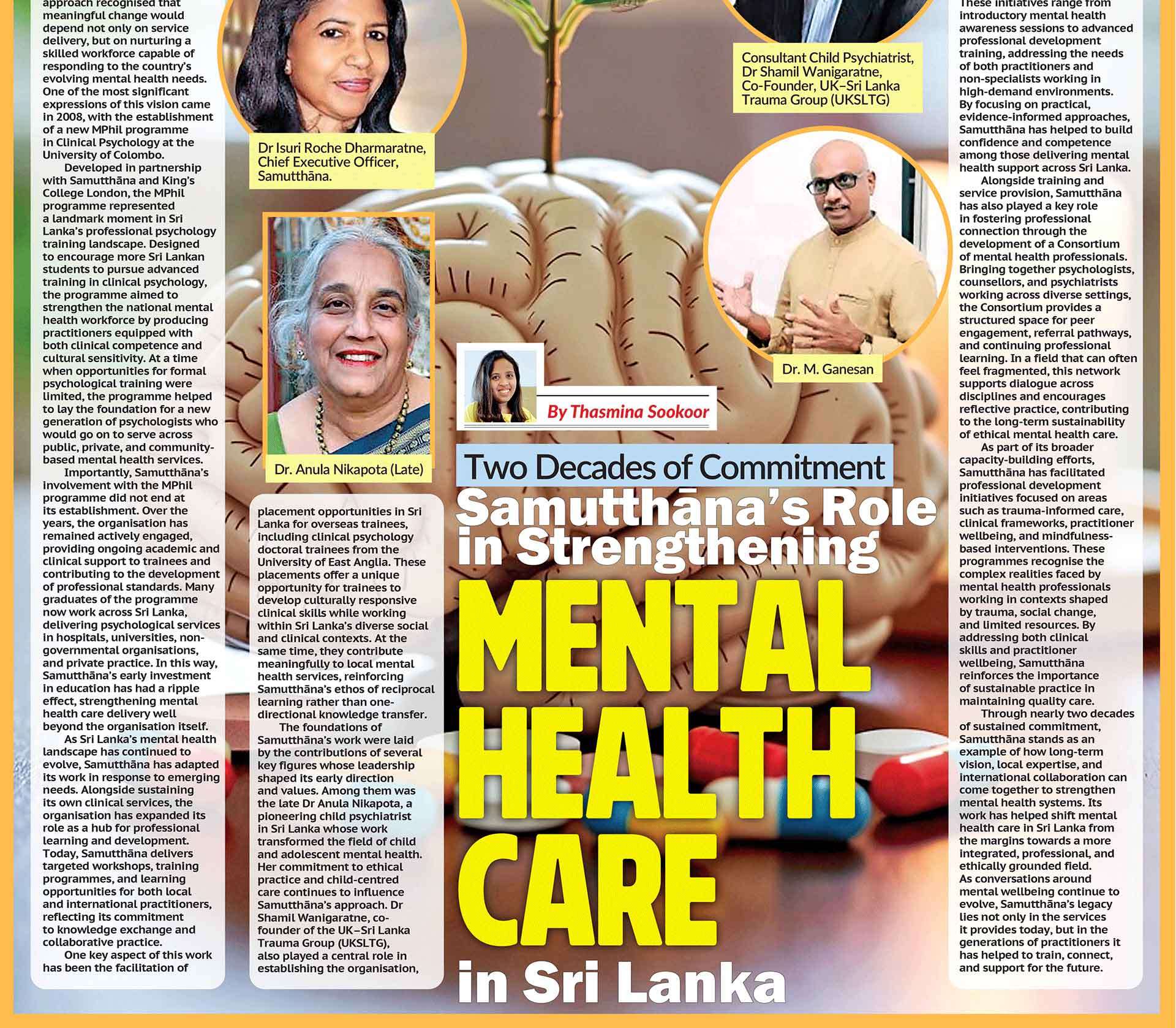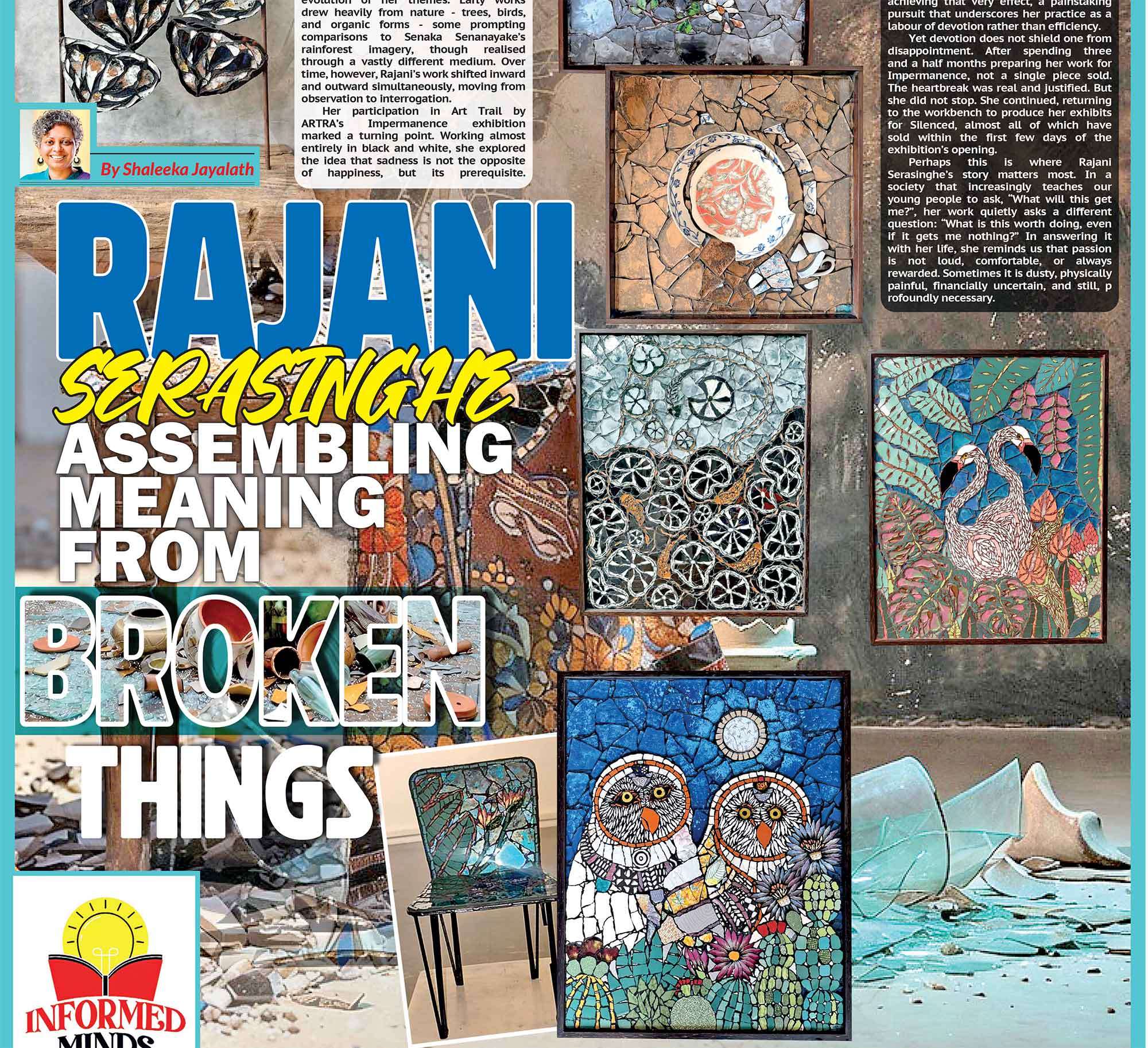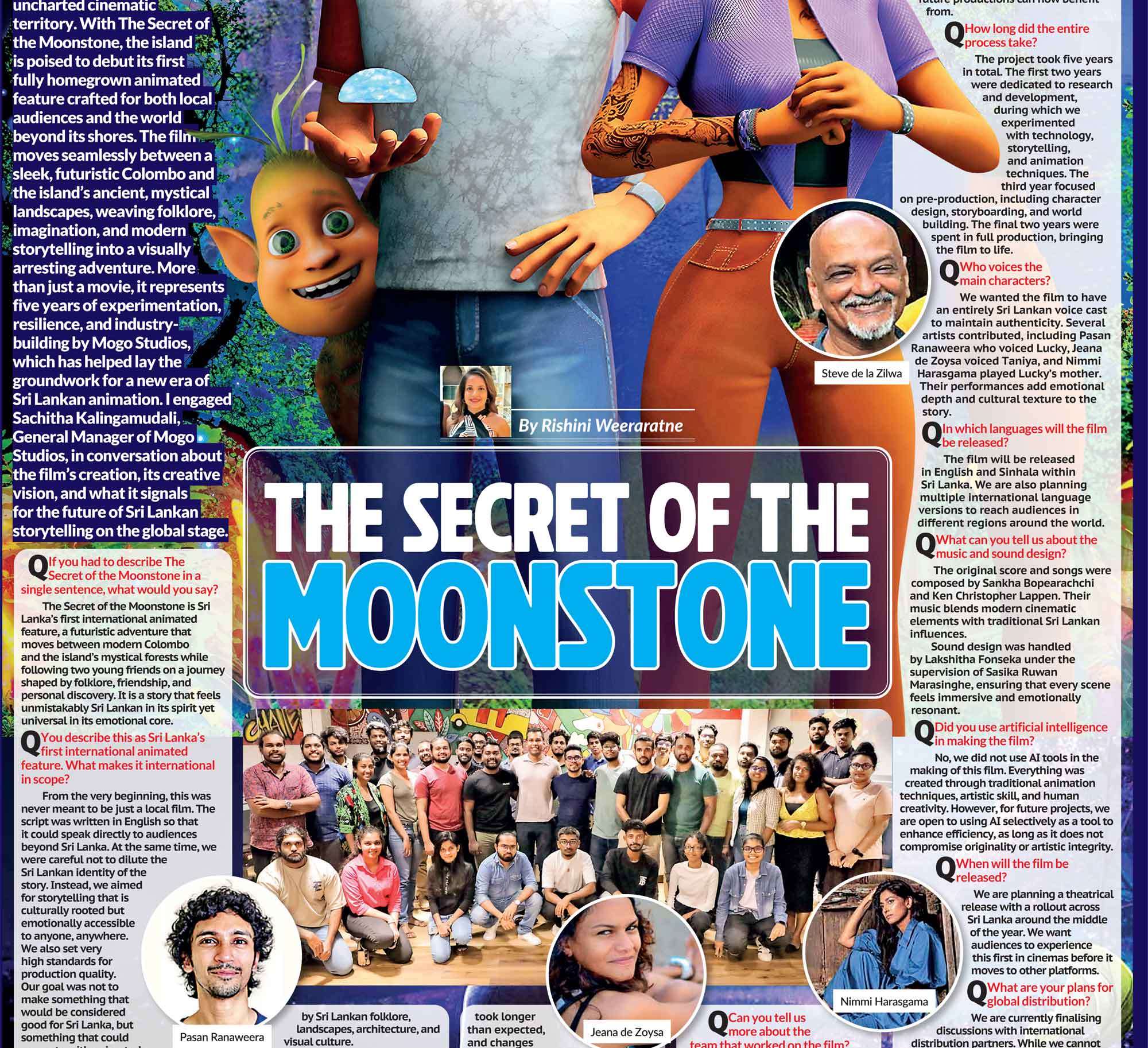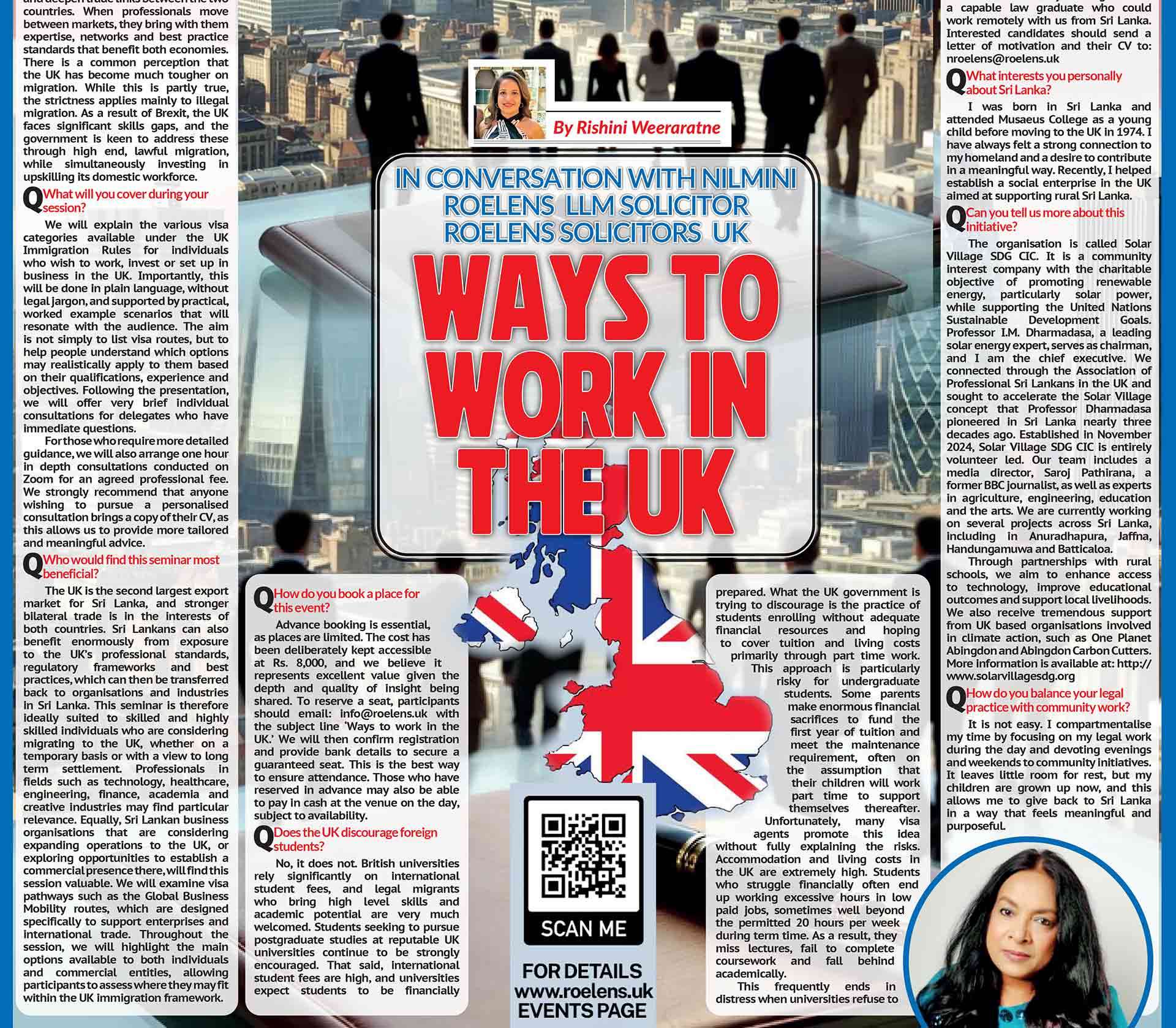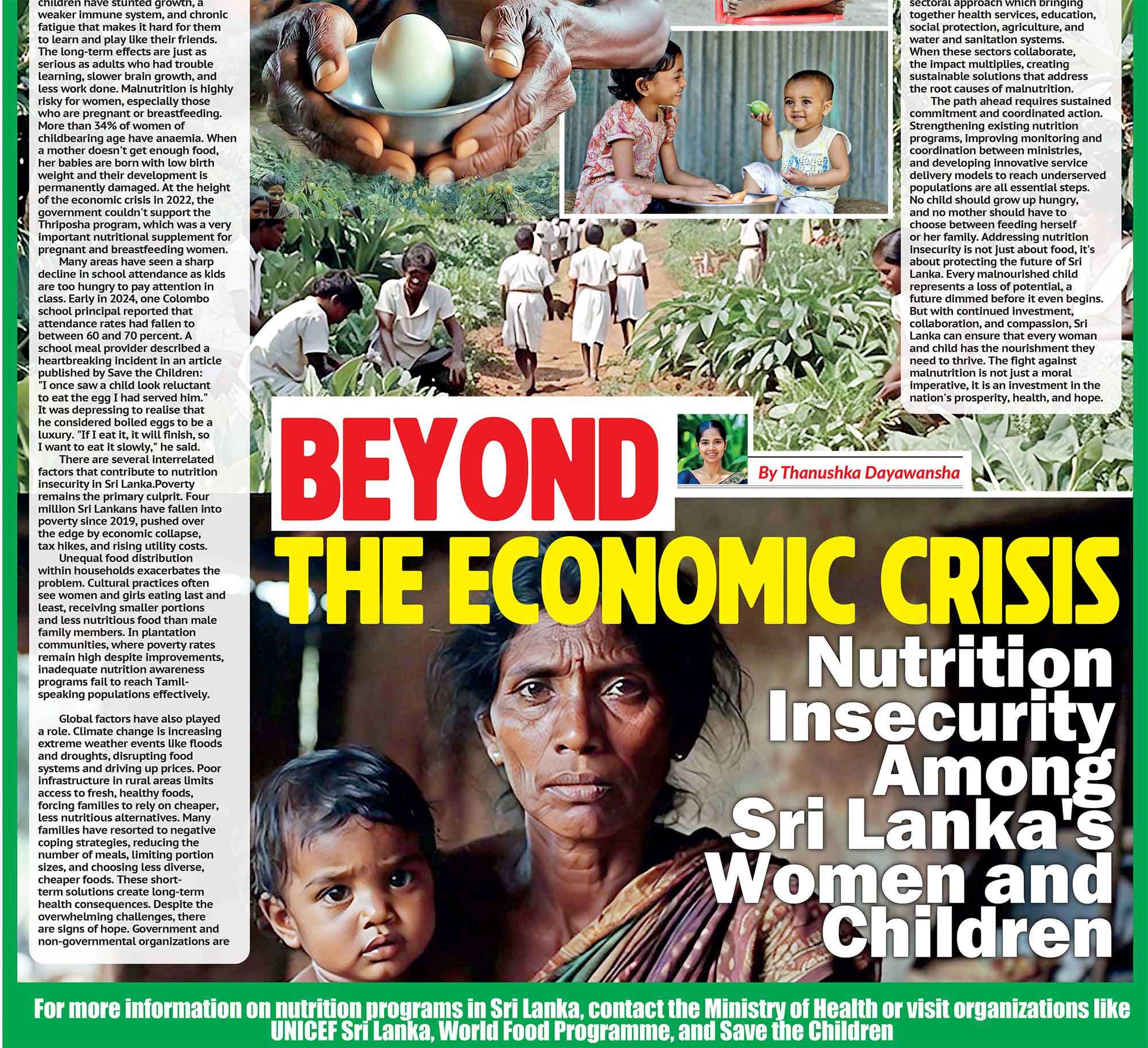How Right-Wing Beliefs Can Promote Hate, Violence, and Social Division, and Why Kindness Matters.
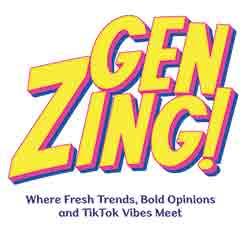 Politics shapes not only laws but also how we treat one another. In today’s fragmented world, rhetoric and ideology, especially from the far right, can fuel division, discrimination, stereotypes, and even violence. This article explores how certain right-wing beliefs, particularly extremist ones, often lead to hate and harm. Ultimately, it all circles back to one central idea: kindness must come before ideology. Not all conservative or right-wing views promote hate or violence. However, when strands of nationalism, exclusion, or authoritarianism are present, they can nurture conditions that normalize or encourage division, hostility, and even bloodshed.
Politics shapes not only laws but also how we treat one another. In today’s fragmented world, rhetoric and ideology, especially from the far right, can fuel division, discrimination, stereotypes, and even violence. This article explores how certain right-wing beliefs, particularly extremist ones, often lead to hate and harm. Ultimately, it all circles back to one central idea: kindness must come before ideology. Not all conservative or right-wing views promote hate or violence. However, when strands of nationalism, exclusion, or authoritarianism are present, they can nurture conditions that normalize or encourage division, hostility, and even bloodshed.
What Are “Right-Wing Beliefs”?
Right-wing ideology generally emphasizes tradition, limited government intervention, free-market capitalism, and individual liberties. It often places strong importance on nationalism, patriotism, and religious values. For example, this can manifest in rigid gender roles, traditional family structures, or prioritizing religious morality in politics. At their core, these ideas are not always harmful. But when taken to extremes, or used to exclude, blame, or dehumanize, they become dangerous. A University of Dayton study shows that right-wing extremist violence has been far deadlier than left-wing violence in recent years, accounting for roughly 75–80% of U.S. domestic terrorism fatalities since 2001. Tragic cases such as the 2015 Charleston church shooting, where nine African American worshippers were murdered by white supremacist Dylann Roof, or the Tree of Life synagogue attack, where 11 Jewish worshippers were killed, illustrate what happens when hate-driven ideologies go unchallenged. These events underscore the urgency of building politics rooted in kindness, empathy, and justice, values that protect societies from hate-fuelled violence.
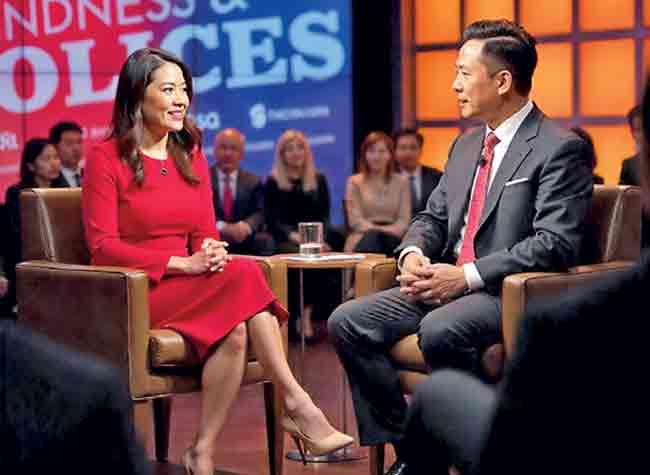
How Right-Wing Beliefs Can Lead to Harm
Extremist right-wing rhetoric often stereotypes and targets certain groups, portraying them as immoral, dangerous, or undeserving. In the U.S., immigrants and LGBTQ+ communities are frequent targets. When dehumanization takes hold, people are reduced to “threats” or “burdens.” Policies such as anti-abortion restrictions or anti-trans laws may also limit individual freedoms. Meanwhile, violent rhetoric can normalize hostility and even encourage physical harm.
Case Study: Charlie Kirk
Charlie Kirk, a conservative activist, has made remarks that reveal the dangers of this mindset. He once claimed that some gun deaths are “worth it” in order to protect Second Amendment rights. When asked what he would do if his 10-year-old daughter were raped and became pregnant, he replied, “The baby would be delivered.” Kirk has compared abortion to the Holocaust, calling it “worse,” and has repeatedly blamed single motherhood in Black communities for higher crime rates. He also condemned the Civil Rights Act of 1964, calling its passage a “huge mistake.”
 |
 |
| Charlie Kirk | Candace Owen |
Case Study: Candace Owens
Candace Owens, a Black conservative commentator and close ally of Kirk, has frequently spread rhetoric against transgender people, calling them “clinically insane” and “one of the most dangerous groups.” She has accused the LGBTQ+ movement of unleashing a “sexual plague on society” and dismissed the Black Lives Matter movement, labelling protesters as “whiny toddlers pretending to be oppressed.” Figures like Kirk and Owens are not just commentators, they are megaphones for rage. While freedom of speech protects their right to speak, there is a fine line between expression and fuelling hostility. By labelling groups as “insane” or “attention-seeking,” they create an atmosphere ripe for discrimination and conflict. Words mold beliefs, and beliefs justify actions. When influential voices spread stereotypes and conspiracies, they normalize hate.

Extremism Is Not One-Sided
Left-wing extremism does exist, but right-wing extremism today is more visible and more deadly, amplified by political platforms and powerful figures. Donald Trump, for example, has become a poster figure for modern-day misogyny, from his infamous “grab ’em by the…” remark to his repeated belittling of women’s intelligence and credibility. When misogyny, racism, or transphobia come from a head of state rather than an anonymous internet troll, the hostility becomes normalized, even framed as patriotic. This is the dangerous sweet spot of extremism: when hate is disguised as “defending freedom.” Right-wing beliefs rooted in nationalism and religious ideology frequently lead to exclusion. For example:
- LGBTQ+ discrimination is often justified in the name of “religious values.”
- Nationalism promotes the idea that one nation or culture is superior to others, fuelling hostility toward immigrants who are seen as “taking opportunities” from “real” citizens.
The brunt of this violence falls on vulnerable groups: women, immigrants, LGBTQ+ communities, and people of colour. Traditional values can be positive, but when weaponized, they become oppressive.
Where Does Kindness Come In?
Kindness is human; not political. It doesn’t mean avoiding disagreement or being passive. It means listening with empathy, rejecting cruelty, and speaking freely without degrading or dehumanizing others. Even with strong convictions, we should be able to respect and understand one another. Choosing peace over violence and truth over propaganda can unite rather than divide us. In a world increasingly fractured by politics, culture, and ideology, kindness can be the glue that holds society together. It doesn’t require agreement on every issue, but it does require recognizing the humanity in one another. Behind every opinion is a human being, and we all bleed red. Kindness doesn’t make us weaker. On the contrary, it makes us stronger, creating a society that values empathy, justice, and truth. By choosing kindness as our guiding principle, we don’t just create a gentler world, we build a more united one.
